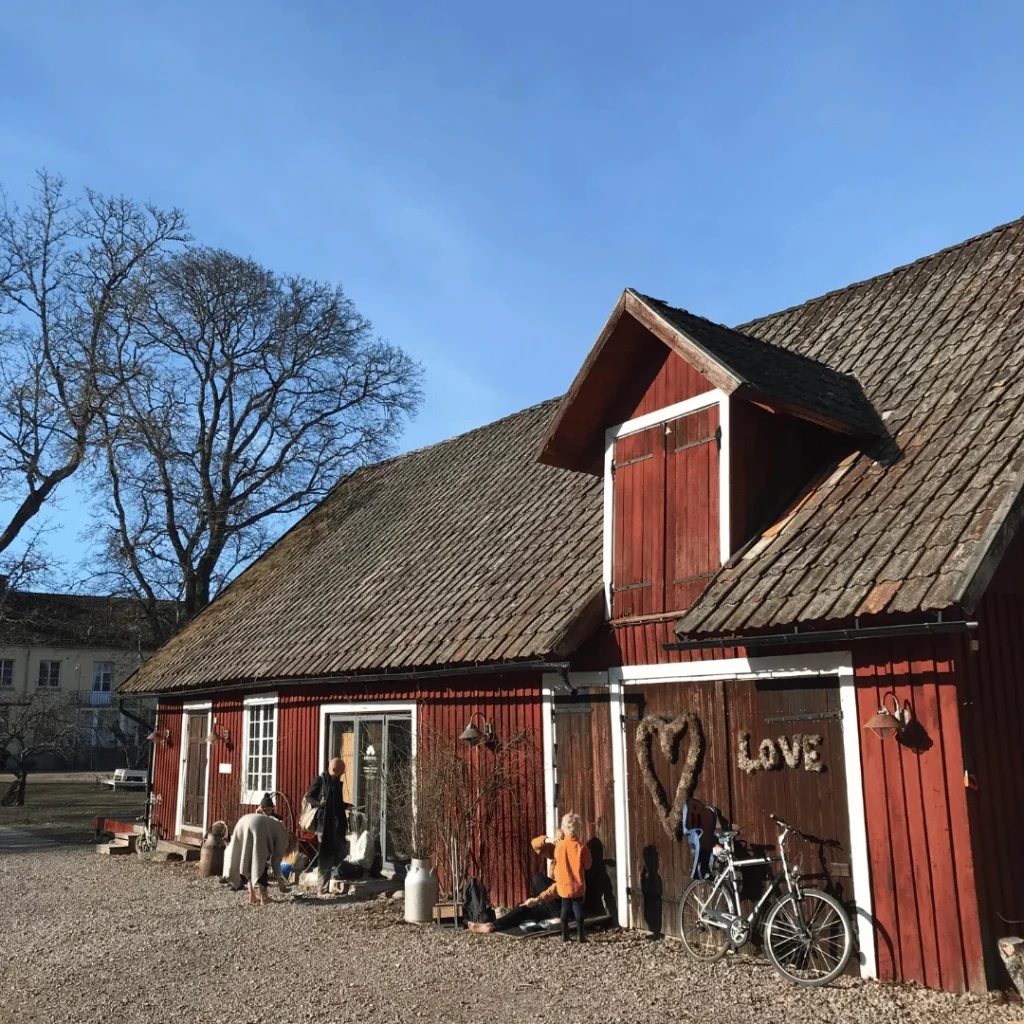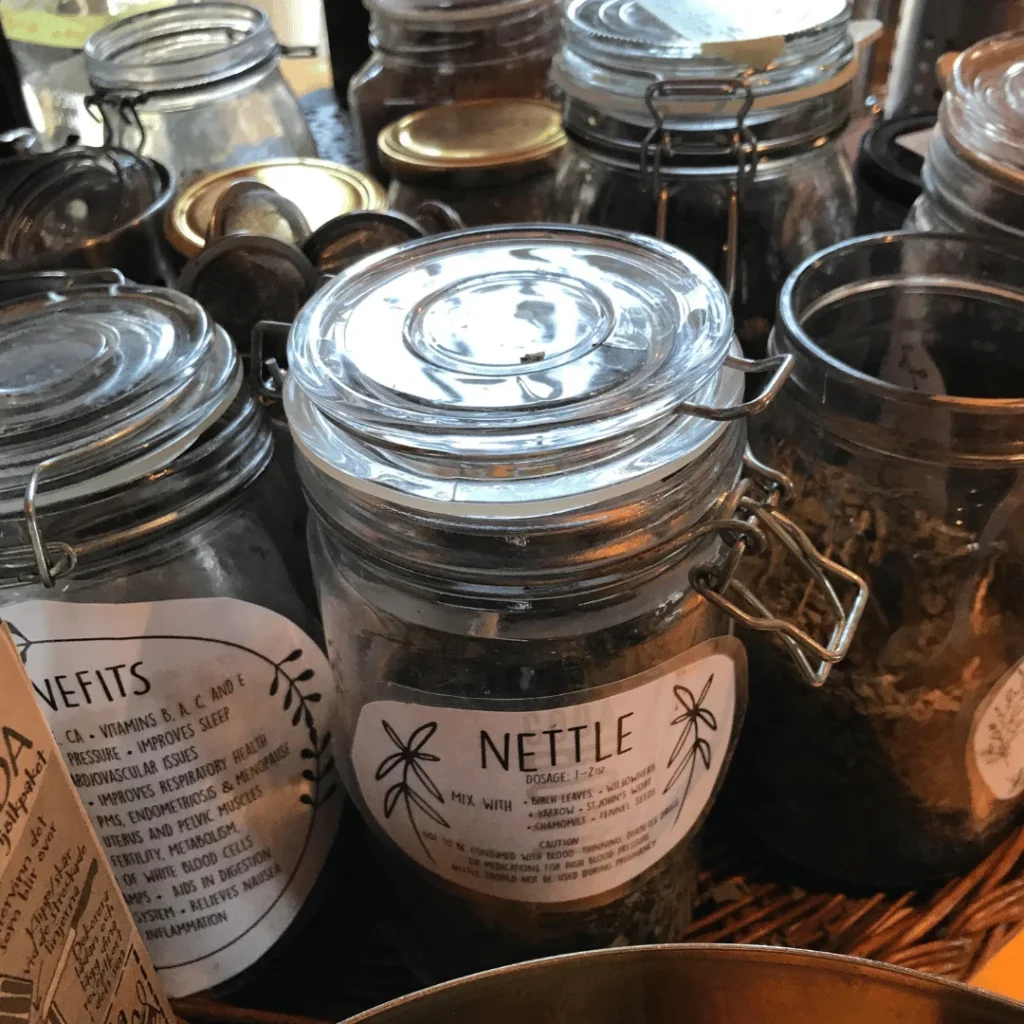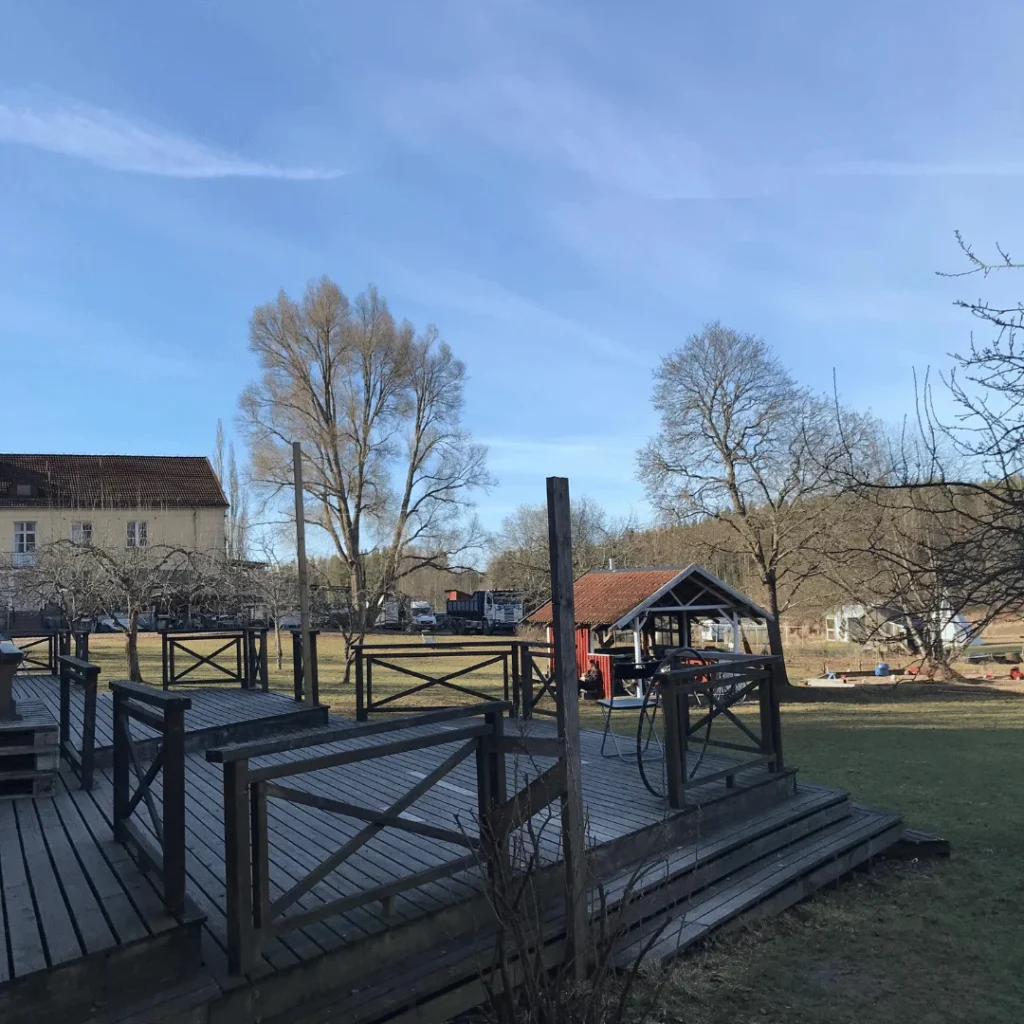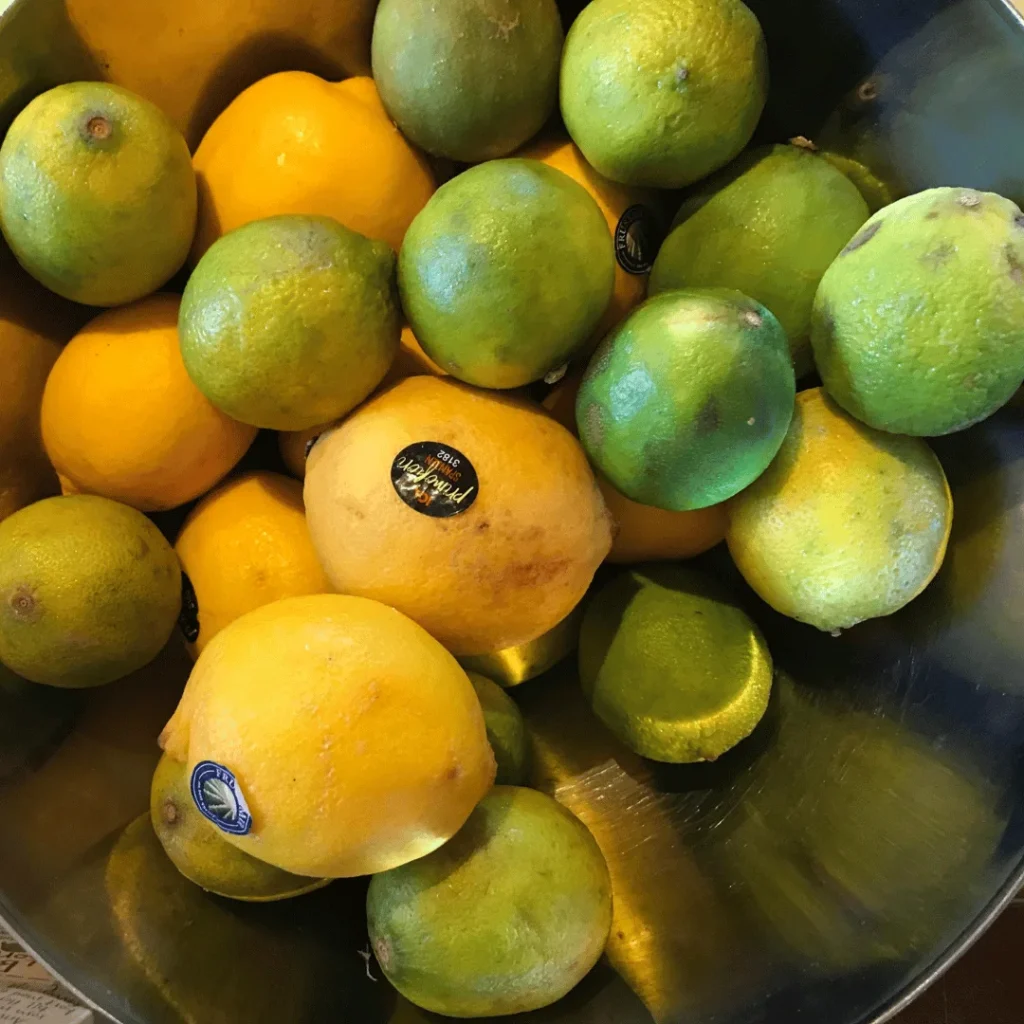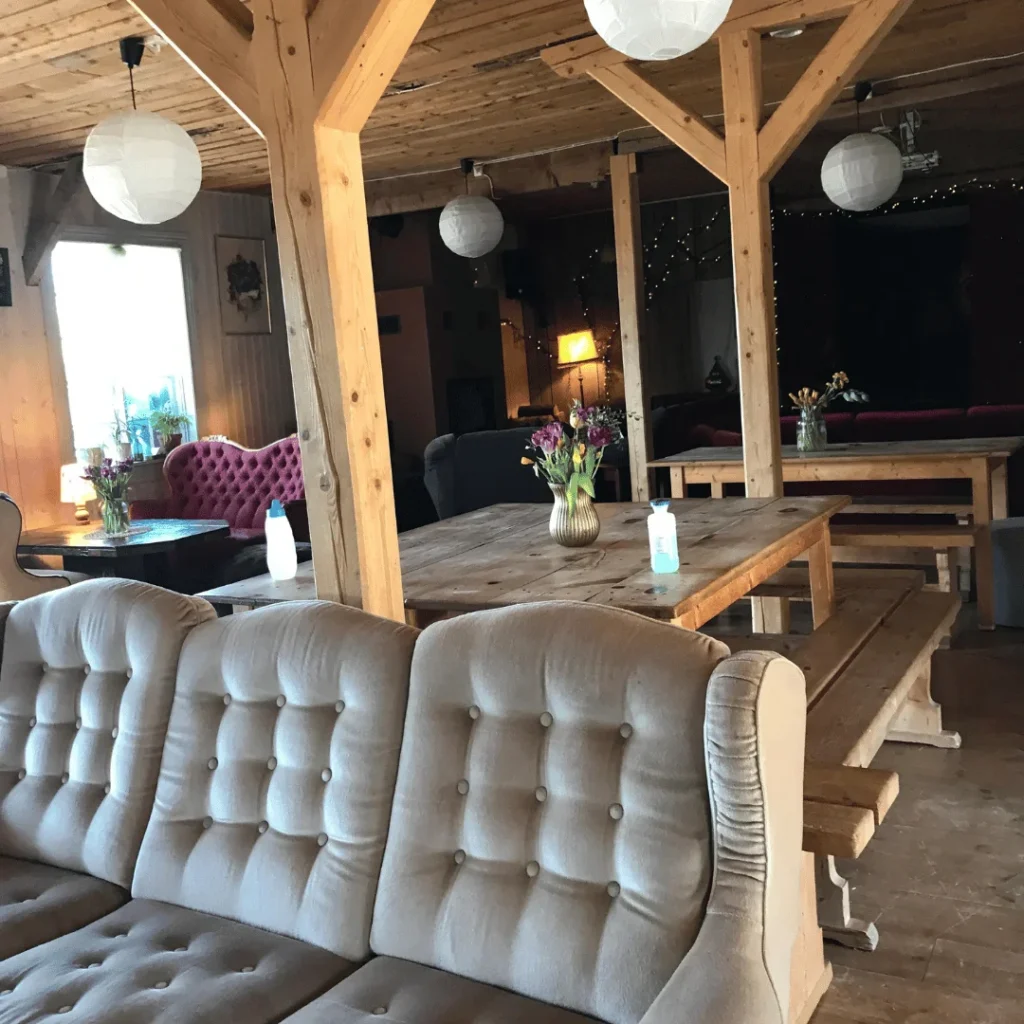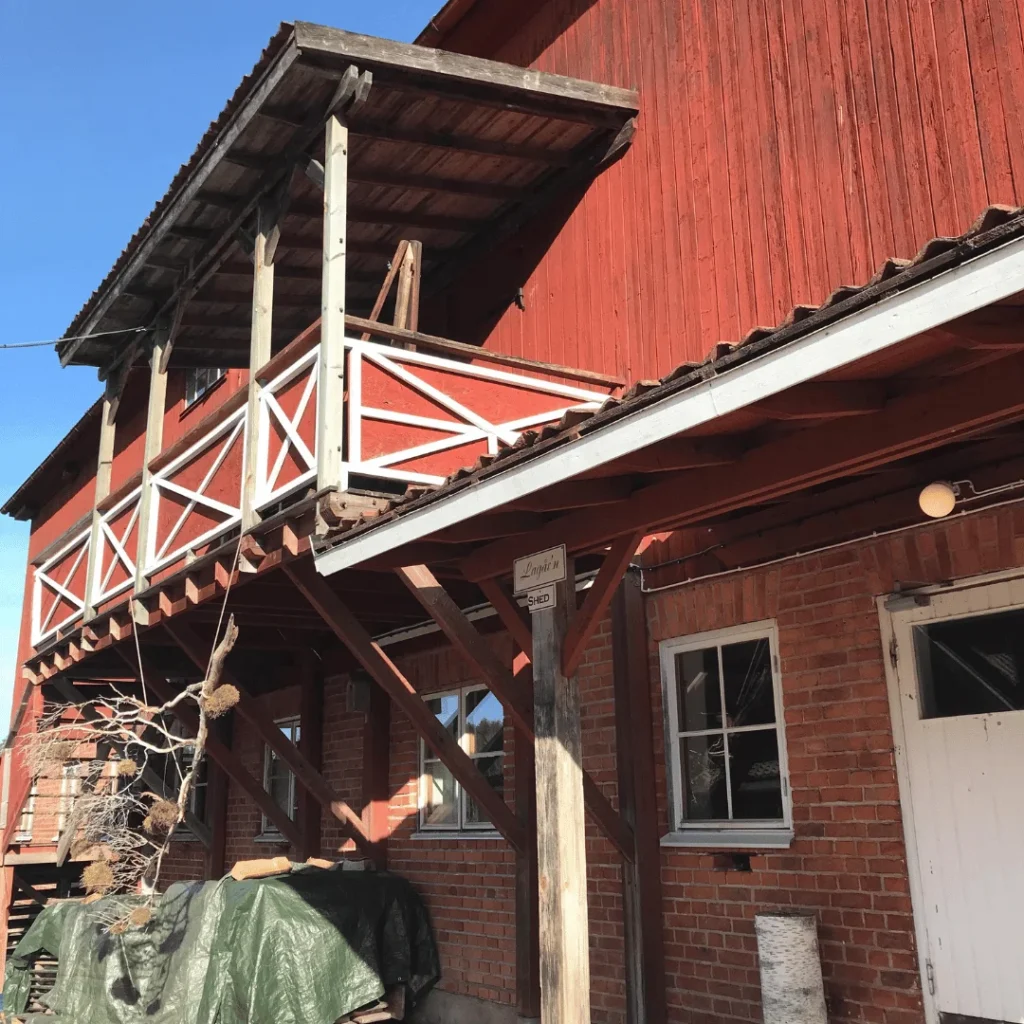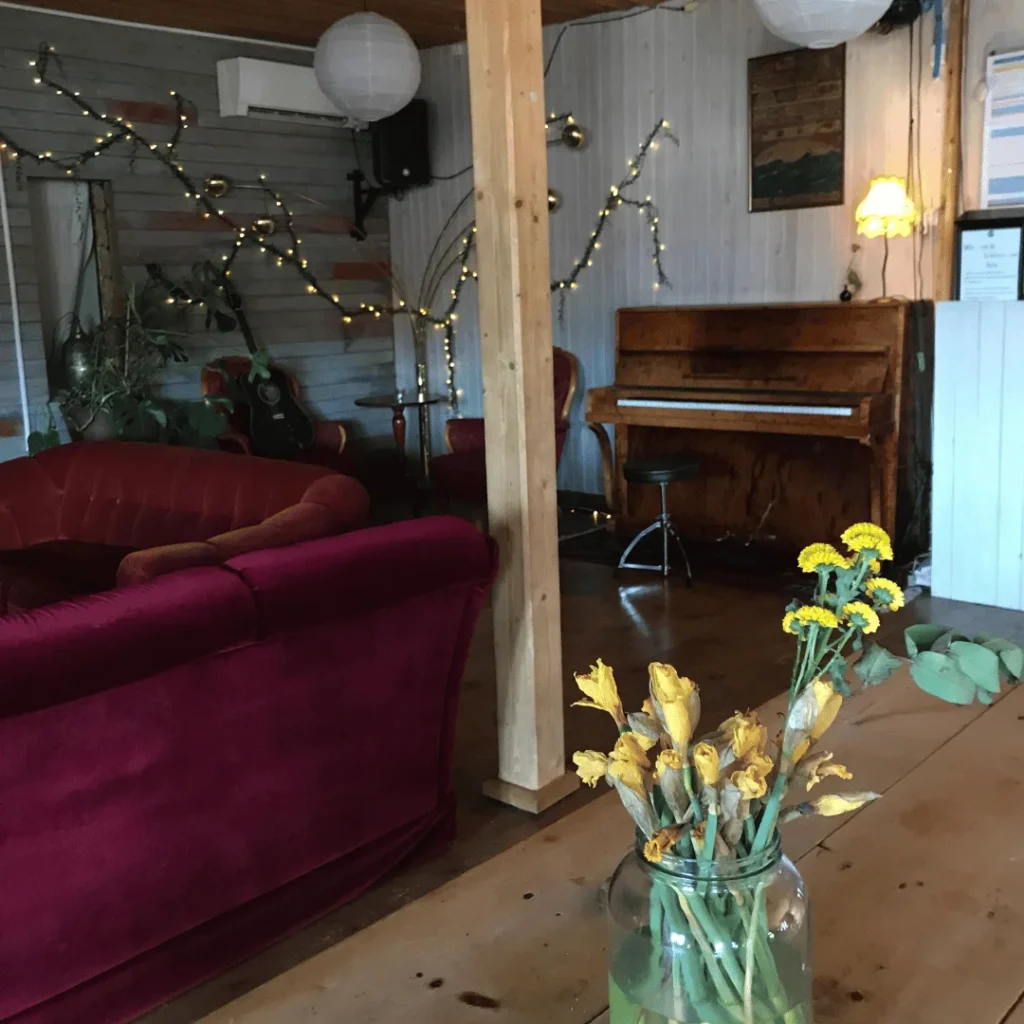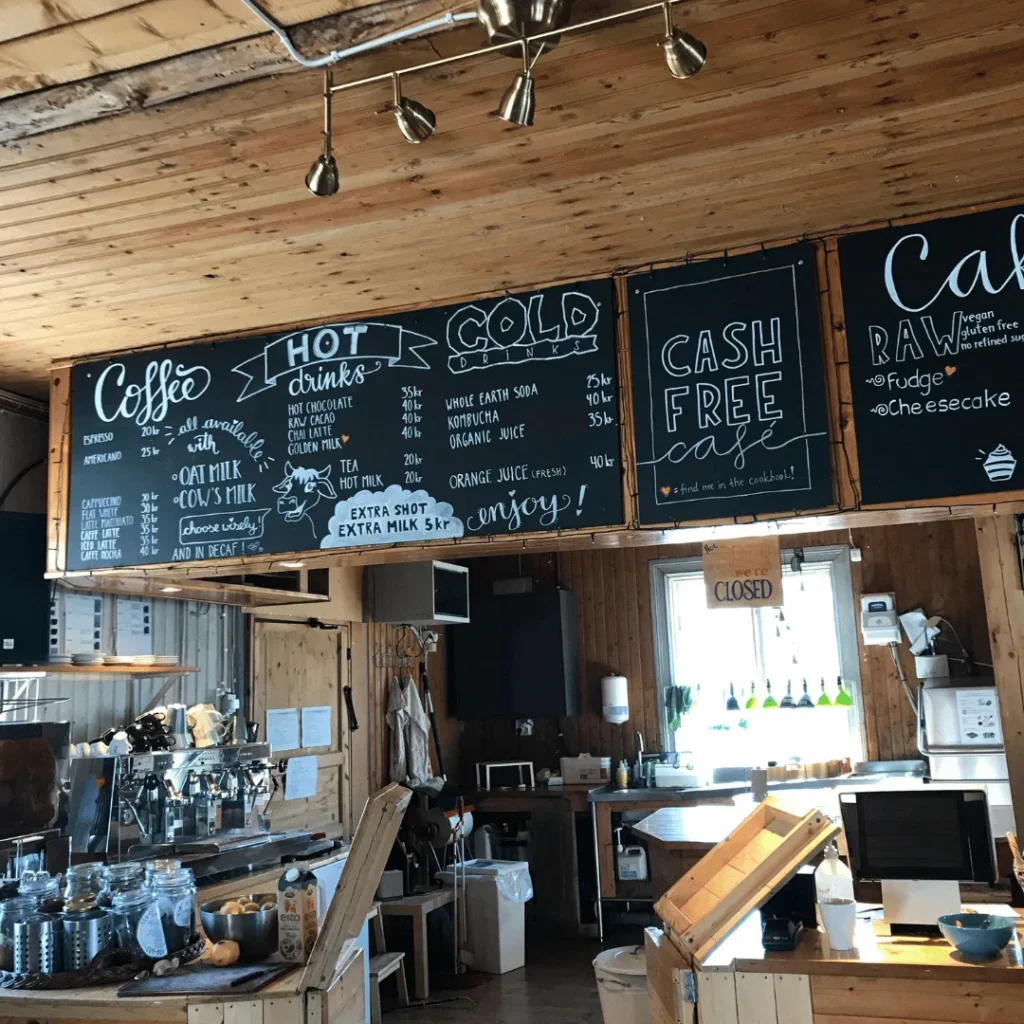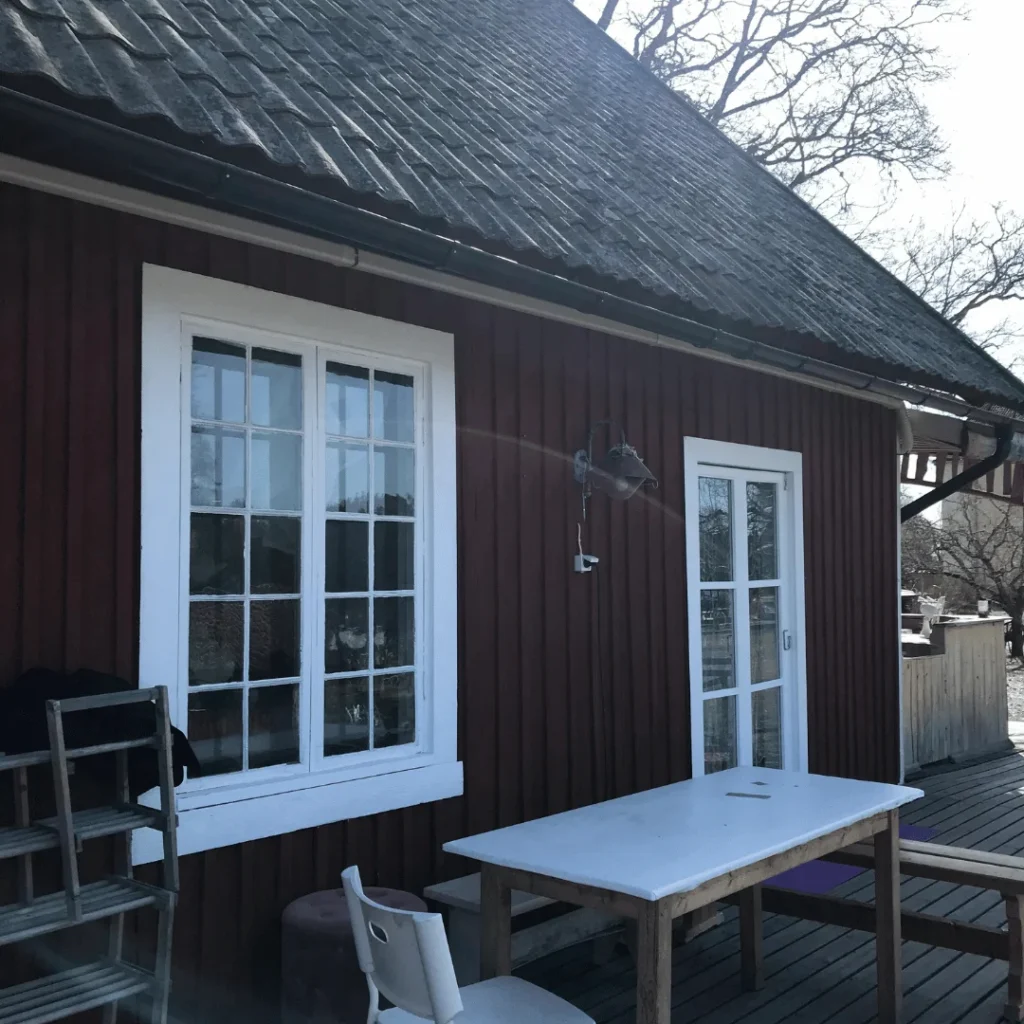Erasmus+, LEAFY,
Young leaders facilitating sustainable futures in Ängsbacka, Sweden
A pan-European youth survey conducted in April, 2021 by IPSOS among more than 22.000 people aged 15-35 in 23 European countries shows that climate change and environmental degradation are still more than 10% above any other worries among young Europeans.
This suggests that young people are generally clear-sighted about the long-term challenges facing humanity, and that they are keen to take leadership in their communities to bring forward a transition to a more socially and environmentally sustainable future.
To support them in this task, a training course took place in theÄngsbacka course & festival center) between the 17th and the 24th of April 2023, co-funded by the Erasmus+ programme of the European Union
The participants were 32 youth workers coming from Sweden, Germany, Netherlands, Spain, Italy, Romania, Portugal, Greece, Slovenia, Poland, Czechia, Serbia, Armenia and Ukraine.
In front of the Green Age Association, Serbia had two representatives, anthropologist Biljana Bukorović from Belgrade and ethnologist/anthropologist Ana Hadžić from Gornji Milanovac.
Ecovillages are models of sustainable settlements that serve as training and learning centres where people experience, through informal and non-formal education activities, the experience of sharing life in a cohesive, inclusive and sustainable society.
Ängsbacka is a member of the Global Ecovillage Network of Europe, and during the course the participants had the chance to learn from the experience that European ecovillages have accumulated as pioneer educational centres and to use an innovative toolbox for youth workers that has been developed and adapted by a partnership among ecovillages, youth workers and sustainability campaigners.
During the days that they spent together, the participants learned leadership and group facilitation skills, and they put this knowledge into practice by facilitating themselves some workshops for the rest of the group. Some of them were already familiar with the world of ecovillages, while for others this was a new discovery.
“I have learnt a lot about how to live in an environment where people are like-minded, live a collective lifestyle, share food with each other, and most importantly, respect each other's point of view and life choices. And the most important thing that I understood was that ecovillage is not a place, but people”, shared Harutuyun, a participant from Armenia., podelio je sa nama Harutujun, učesnik iz Jermenije.
After the experience, participants applied what they learned with groups of young people they work with in their home countries.
“In Ukraine we’re working on the translation of a lot of community development practices that we learned. Often these practices of community building are unknown in Ukrainian, so we are essentially bringing pioneer competences of facilitation, sociocracy, listening and hearing each other, developing projects together, living and working in community”, says Olha from Ukraine., kaže Olha iz Ukrajine.
„As Łukasz, a participant from Poland put it, “I recommend this experience to people looking for their home and to those looking for ways to hold and create spaces for community, diversity, softness, freedom or inspiration”.“, izjavio je Łukasz, učesnik iz Poljske.
For those who participated, and for those who feel inspired, the Yes to Sustainability network and GEN Europe will continue offering opportunities to bring ecovillage values and tools to work with young people in the field of education for sustainability
